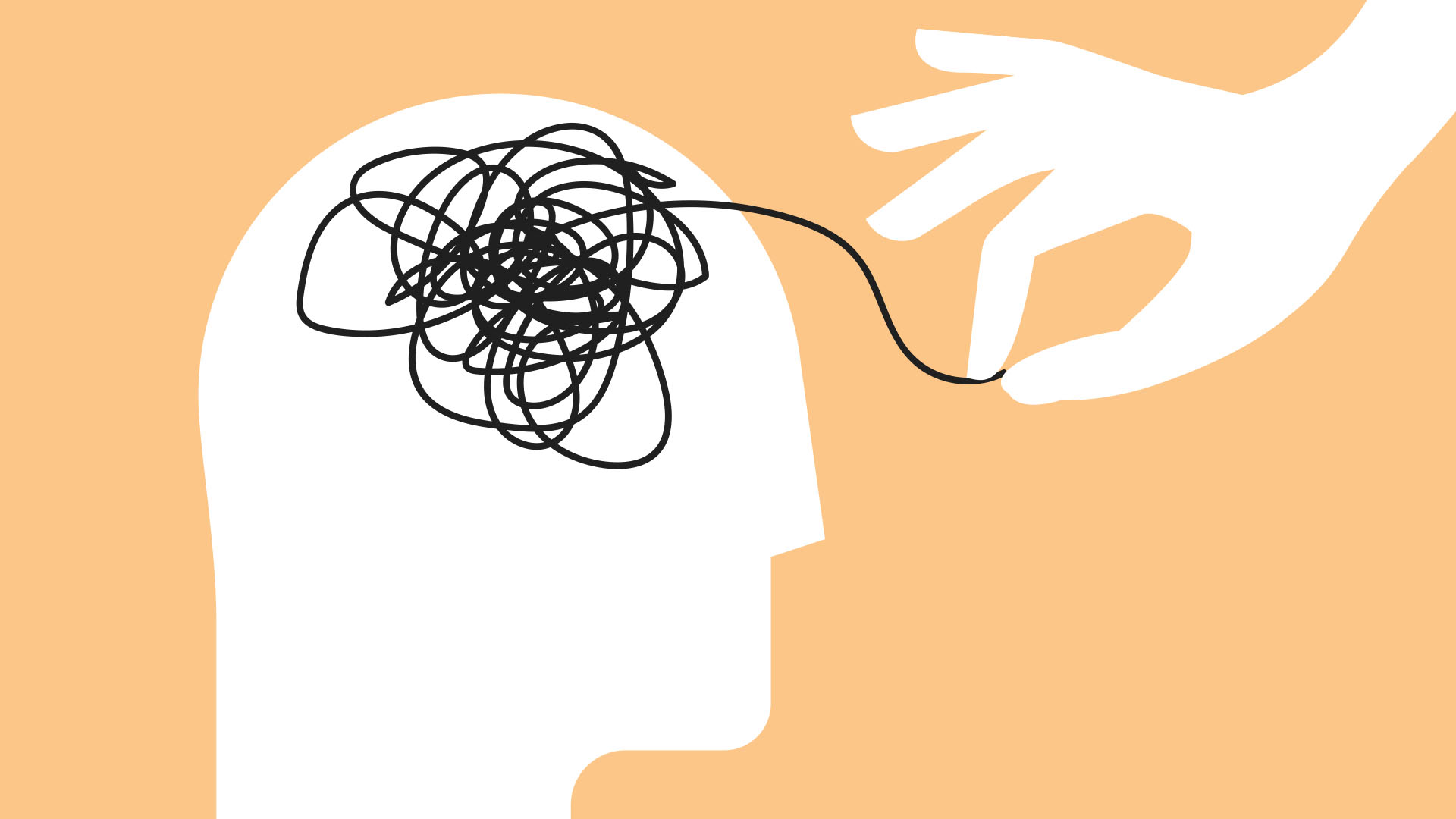
Empowering young women through mental health peer support
2022-23 – University of South Australia
Researchers: Lead Chief Investigator: Dr Michele Jarldon; Co-Investigators: Professor Nicole Moulding, Dr Jane Andrew
Priority Area: Youth Mental Health
Overview: Young people with mental health challenges in Australia are increasingly reaching out to their peers for help and support. A recent national survey of Australian youth aged 16-25 found that three in four participants agreed that ‘friends provide critical support – often more than mental health professionals and parents or guardians’.
So, too, young women are expressing their preference for seeking peer-to-peer support for mental health problems. However, where women are concerned, international research reveals that mental health services frequently overlook the gendered nature of the experiences that underpin young women’s experiences of mental ill health. In particular, gendered violence and other forms of gender inequality are playing an increasingly significant role in the rising, disproportionate rates of psychological distress reported by young women in Australia and other countries.
In response, researchers at the University of South Australia have been working alongside young women affected by mental health challenges to better understand their experiences. This study builds on the research carried out in Stage 1 of this project that explored how young women in Australia understand their mental health, and the scope for new approaches to support that better addresses their needs. In this project, funded by Breakthrough, and informed by the findings of their previous research study, young women participants are working with the research team to co-design peer-based online resources to help improve the mental health and wellbeing of young women. According to John Mannion, Breakthrough’s CEO:
‘”The utilisation of co-design in our research projects is an important development in how we further progress mental health research. We must listen to those with lived experience to gain a better understanding of their challenges and to better inform the decisions and tools that can be created to address their needs. That’s what makes this research so important, and the initial findings have been extremely promising.”
Lead researcher, UniSA’s Dr Michele Jarldorn, says young women’s voices and experiences are at the heart of this study:
“Young women respond well to supports that are peer-driven, supports that are designed by and for young women”.
Importantly, the study draws on principles of participatory and inclusive co-design methods to develop a young women-centred approach to the creation of an online mental health resource specifically for young women. This approach is consistent with the World Health Organisation’s stance on the development of service models that respond to the needs and preferences of individuals and communities in holistic ways.
According to Dr Jarldorn, the projects have provided opportunities for the young women participants to help and support others with similar experiences and to feel empowered by doing so. As a participant in the survey noted:
“Some struggles are very unique to women and especially those from certain backgrounds…I’m straight and Caucasian but it would be good to have support for lesbian, bisexual and transgender women and also Aboriginal women so they can feel safe and supported by peers and get specific information that can help them best…’”
Now, as we work together on co-creating the online resource, participants have told us:
‘It’s been really cool, how we’ve done the survey, now this website, trying to figure out what we all wanted. And to be able to see a draft of it. I definitely want to see how it continues.”
“‘I like the idea of seeing something come to fruition. It’s nice to be able to see familiar faces as well”.
Dr Jarldorn says that one of the unexpected project outcomes has been how some of the participants have talked about how participating in the project is both empowering and has become a part of their recovery journey from mental health distress. They have also commented on how services codesigned by people with lived experience tend to include critical elements that are often overlooked if the service is just designed from a top-down perspective.
Social workers and mental health professionals can play a critical role in advocating for improved responses to mental health services and support for young women, drawing attention to the need for governments, policy makers, practitioners and the wider community to challenge gendered assumptions about young women and take their mental distress seriously.
When the resource is completed, the research team will be seeking an organisation to take carriage of the online resource, monitor input, maintain content and continue developing the online resources.
The Facts:
– $10.6 billion, or $420 per person, was spent on mental health-related services in Australia during 2018–19, a real increase from $396 per person in 2014–15.
– Currently, most mental health services across Australia have lengthy waiting lists
– Family, domestic, and sexual violence is a major health and welfare issue. It occurs across all ages, socioeconomic and demographic groups but mainly affects women and children

